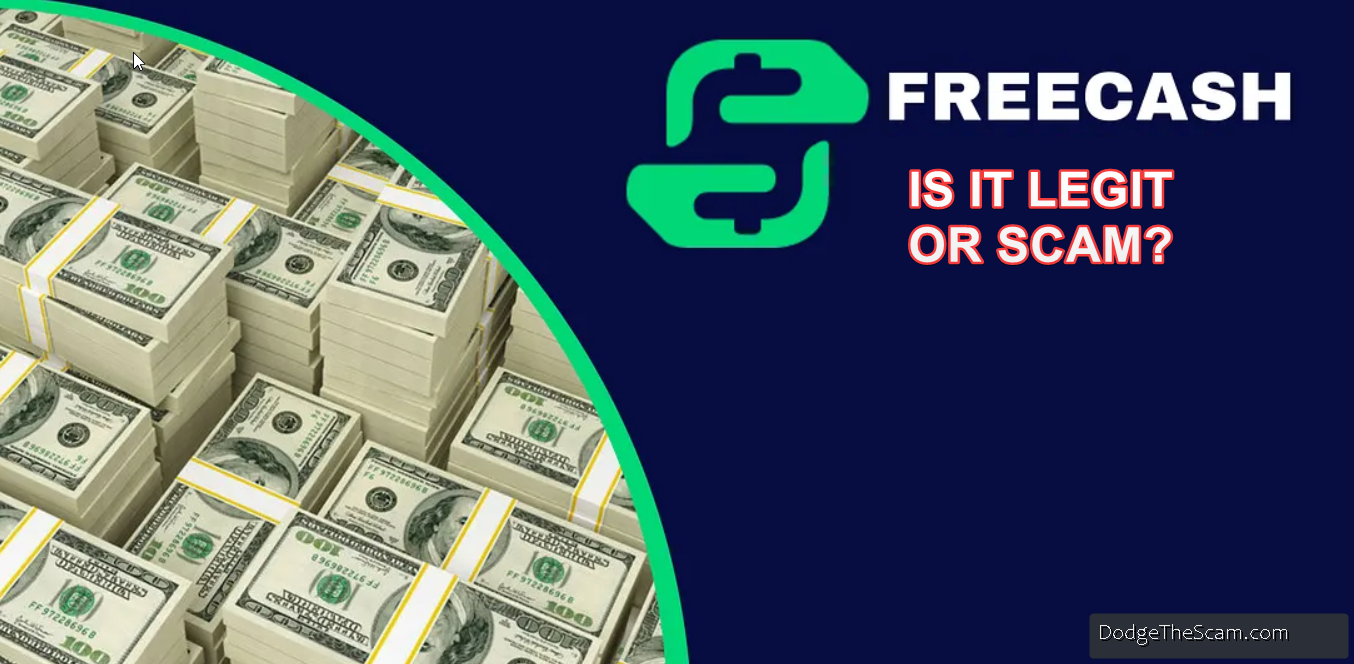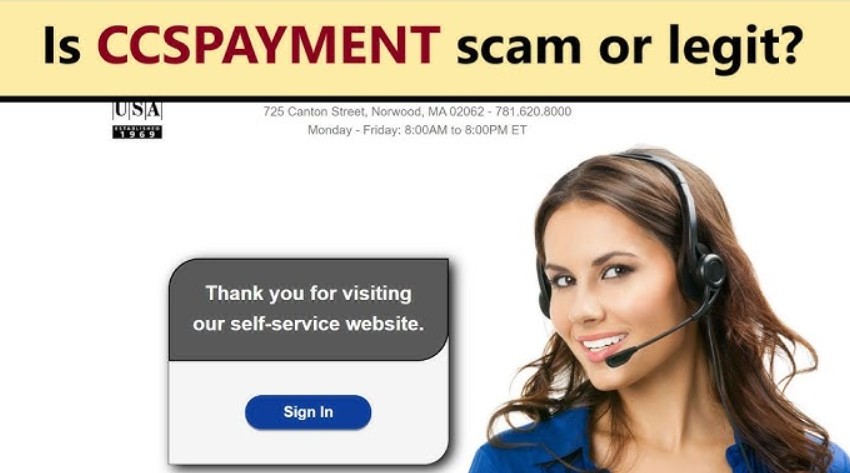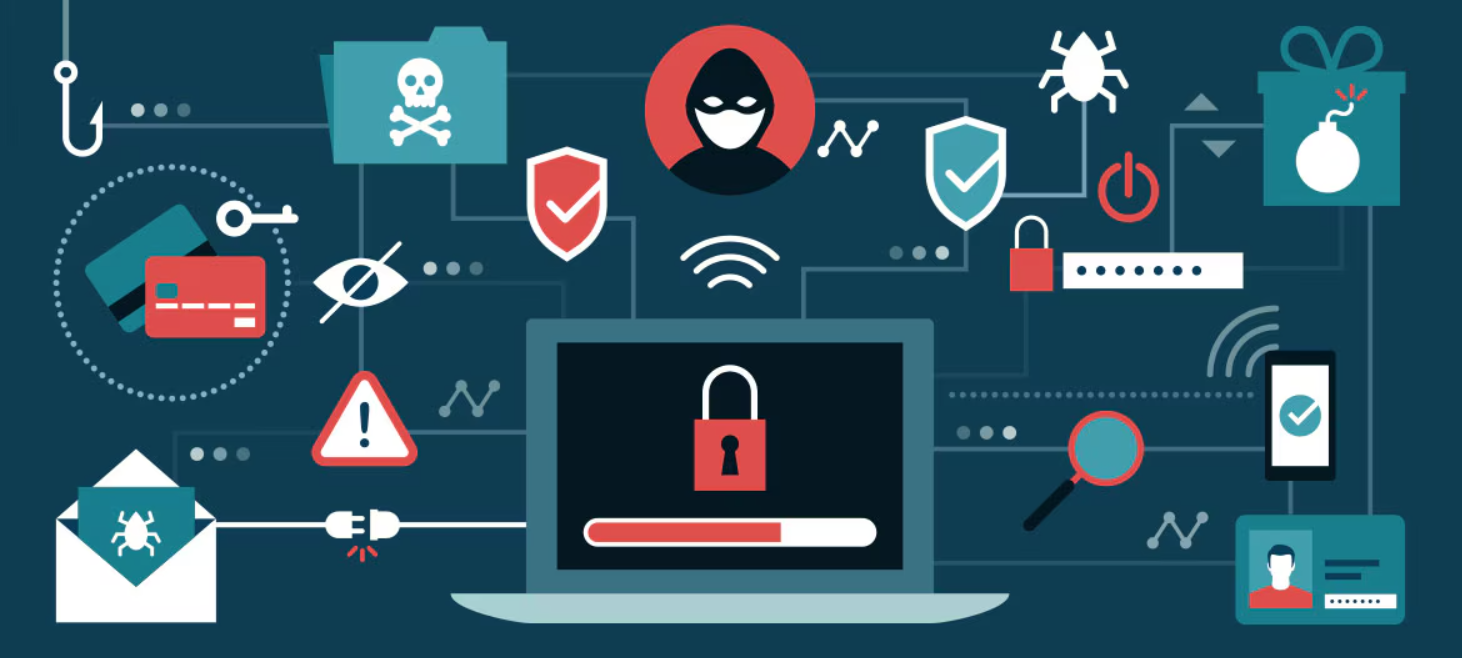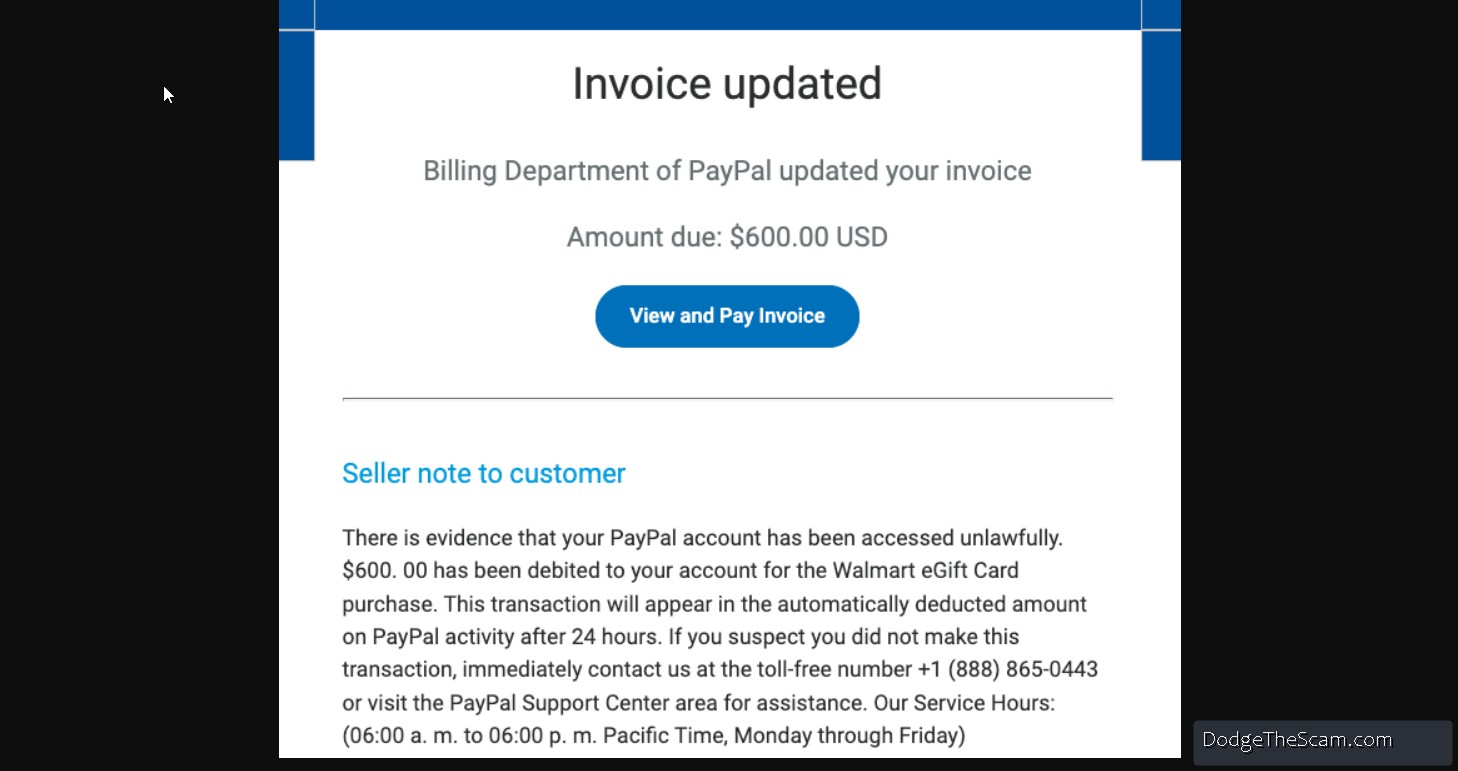Is Freecash a Scam (or Does It Collect Your Data)?
Freecash started to be associated with the word “scam”: some call it a useful micromoney app, others claim it’s a bait and switch. In this article, I analyze user reports and examine its privacy policy and real payout data to answer: is Freecash a scam and it misuse personal or financial data?
Is Freecash Really a Scam?
My tl;dr honest opinion is YES, Freecash is more a scam than a legit cash app/service because its not 100% reliable and uses shady marketing tactics, from what I observed. I made my conclusion by checking their Trustpilot reviews, amongst which are a ton of fake reviews (one could tell only by scrolling through them for 60 seconds).
You can see that each few minutes there is a positive review from a few words without anything clear or descriptive (must be automated or comment farm), and the app has the enormous amount of 250k+ reviews, which is simply hilarious.
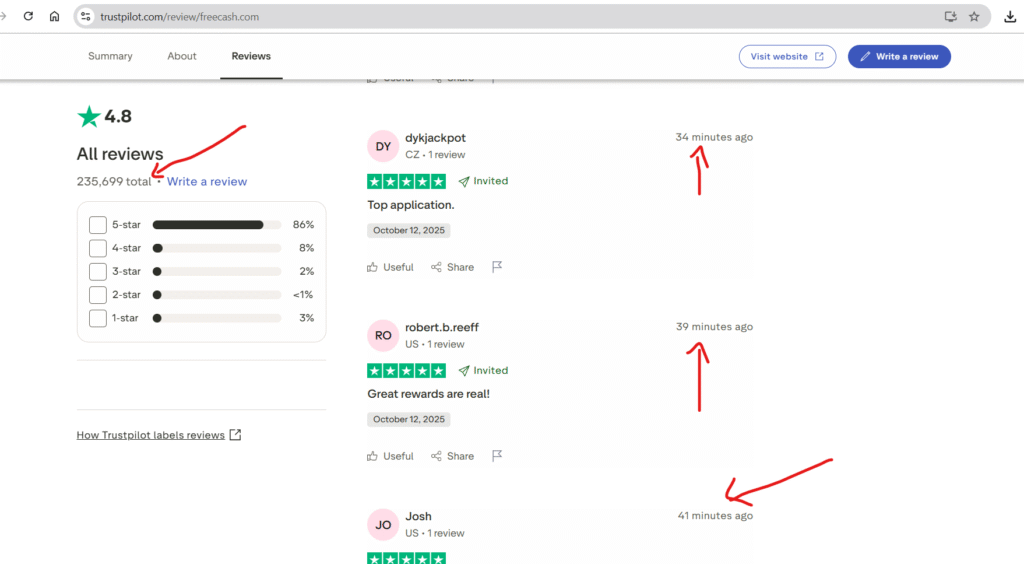
- Public reviews show that Freecash generally does pay users, but earnings are small and inconsistent , usually just a few dollars for hours of work.
- The app has a high average rating online, yet many complaints focus on frozen accounts or denied withdrawals once users reach higher payout levels.
- Freecash collects personal data, including your name, email, IP, and optional ID verification, and may share it with third-party advertisers when you complete offers.
- Withdrawals are handled through PayPal, crypto, or gift cards, so it doesn’t ask for direct banking logins.
- Real cases show both sides: some users successfully cash out, while others lose access to funds after account “reviews” or sudden bans.
Now let’s dive deep into my personal analysis of “Is Freecash a scam or its a legit service”?
What Users Say about Freecash (Good & Bad)
On Reddit, opinions are sharply divided. One user wrote:

Others counter:

Some allege payout denial or game tasks disappearing just before cash-out thresholds:
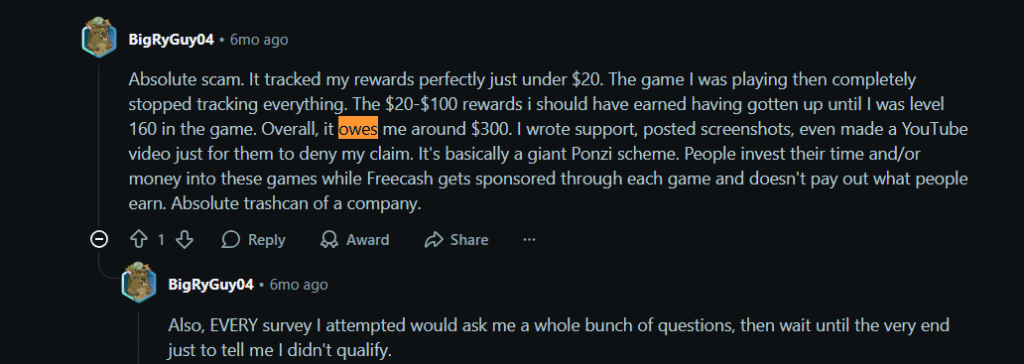
A user in a SwagBucks forum claimed: earned $55, but only $16 was approved for withdrawal.
On the flip side, many reviews on Trustpilot praise prompt payouts:
“The app has paid out every time I have requested a cash out.”
But some negative reviews on other sites allege frozen accounts when requesting withdrawals, bot support, or removal of earnings with vague “fraud” claims.
A complaint says someone spent $216.92 on an offer, had $439.54 pending, but the account was banned with no clear explanation.
Conclusion from users: Freecash is not universally labeled a scam. Some users have real payouts, others claim they got cheated. The winners seem to be those who strictly adhere to instructions and quit before bigger cashouts.
What Public Reviews and Tests Show
Independent testing over several days yielded about $7.55 total and confirmed Freecash is “not a scam,” reporting that the platform has paid over $50 million to 40 million users.
Other reviewers call it “worth trying” as a low-risk side hustle but warn against expecting large income.
(Speaking about low-risk/high-income side hustles, be cautious with text message scams pretending to represent major companies, for example, the WBD Global Streaming text scam has recently circulated, luring users with fake job oppotunities.)
Similarly, beware of fake “upgrade” apps like the so-called WhatsApp Gold download scam, which spreads through forwarded messages promising exclusive features but actually leads to phishing or malware.)
Some reviews point out a small fee for PayPal withdrawals and that iOS users must use a browser.
Others note that Freecash uses SSL and identity verification protocols but also warn that accounts may get banned if you break terms (for example, using VPNs).
So from third-party tests, Freecash pays, but returns are small and irregular.
Numbers & Real Cases
Freecash reportedly has over 230,000 reviews with an average rating of 4.8 out of 5, mostly positive.
On Google Play, the app’s data safety disclosure shows it collects name, email, user IDs, address (optional), phone number, and optional demographic data. Users can request deletion of their information.
The privacy policy confirms that Freecash (Almedia GmbH) collects personal data and may share it with third parties, though it claims to comply with data protection laws.
In a public test run by a blogger, after 10 days of tasks, the user shared detailed earnings and described which tasks paid and which didn’t.
Some users report that after passing certain thresholds (for example, $20 withdrawals), tracking stops working or support refuses payment justification.
Thus, real payouts occur, but many complaints cluster around the final stages of cashing out or validation.
Does Freecash Steal Your Personal or Bank Data?
Personal Data: Yes, it collects personal data such as name, email, ID, address, phone number, and optional demographics.
Bank / Payment Data: It does not appear to ask for your full bank login credentials. Withdrawals go through PayPal, crypto, or gift cards, not direct bank linking.
Identity Verification / Selfies: Some users report Freecash requiring a selfie or ID verification before accepting a cashout. That gives Freecash access to a verified identity snapshot.
Data Sharing / Third Parties: The privacy policy acknowledges that data may be disclosed to third parties such as partners or advertisers when carrying out offers or marketing.
Security Claims vs Reality: Freecash says data is encrypted in transit and that users can request deletion. However, given the nature of get-paid-to platforms, behind many offers there are third-party advertisers who may re-use or track data.
Thus, it collects a fair amount of personal data (not necessarily bank credentials) and could share it with third parties under its terms.
Verdict & Best Practices
Freecash is not a clear-cut scam, but it operates on the edge of microtask schemes:
- Yes, it pays many users (evidence from independent tests and user reports).
- Yes, it collects personal data (including optional demographic info).
- No, it generally does not require your bank login info.
- But, there are many complaints about nonpayment at high amounts, frozen accounts, lack of support, and shifting rules.
If you try Freecash, treat it as a low-stakes side hustle, not a real income source. Use it with caution. Always read the terms and privacy disclosures, take screenshots of completed tasks, avoid it for sensitive accounts, and verify before investing significant time.
To check legitimacy of platforms in general, see guidance on avoid online web scams and how to check if a website is legit. If something smells like phishing, review our guide about what is phishing. And if you run into suspicious messages or robocalls promoting Freecash, see related scam analyses like the Bank of America robocall case and the Fake Robinhood urgent risk warning text scam.
FAQ
Is Freecash legit or a scam?
Freecash pays some users, but others report blocked accounts or missing payouts. It’s risky, and I would categorize it as “don’t use it”.
How much can you earn with Freecash?
Most users earn just a few dollars per week. It’s better seen as a microtask app, not a steady income stream.
Does Freecash collect personal or bank data?
It collects personal data and sometimes ID verification, but not your banking login credentials.
Why didn’t Freecash pay me after I completed offers?
Common reasons include offer tracking errors, expired offers, or suspected duplicate activity that triggered account review.
